The internal conflict or civil war is expanding to the point of becoming full blown and further polarizing the conflict parties in Myanmar or Burma.
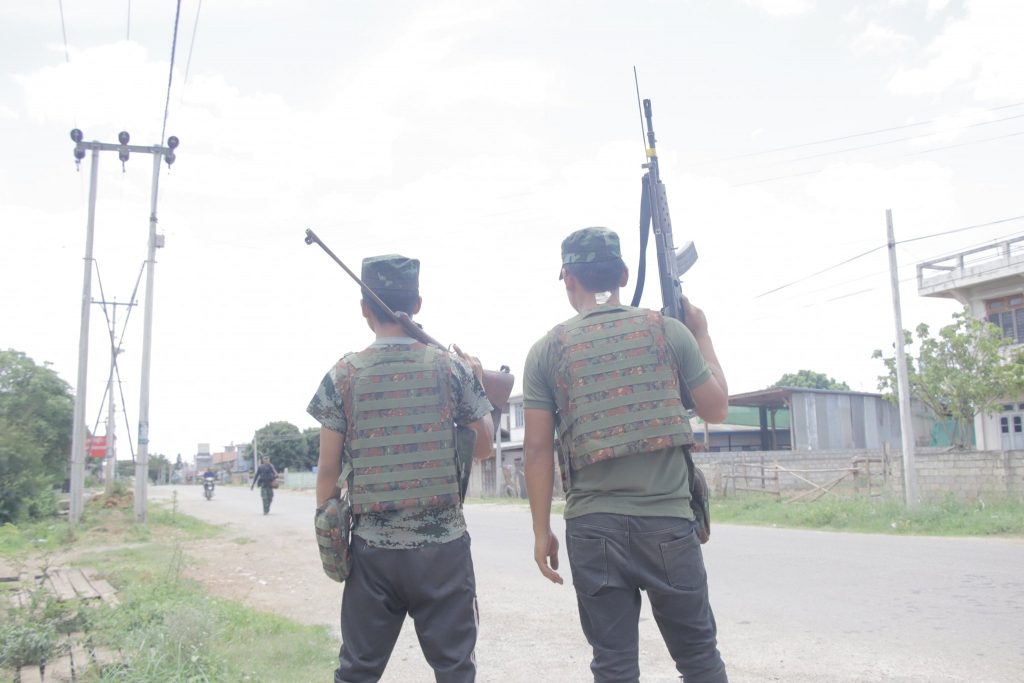
Photo CJ – PDF 
Photo CJ- PDF
At this writing in five ethnic states of Chin, Kachin, Karen, Karenni and Shan states ethnic armed organizations (EAOs) and local resistance forces, some professed to be parts of people’s defense force (PDF) announced and formed by the national unity government (NUG), are combating the Tatmadaw or Burma Army, which is the military-coup-junta’s security apparatus. Other than that Sagaing, Mandalay, Magwe regions’ local defense forces have been engaging the Tatmadaw for quite a while now. Bomb explosions in big cities like Yangon, Mandaly, Bago, Mitkyina and so on were also registered and fast becoming daily occurrences, coupled with burning of police stations and junta’s civil administration offices, including soft targets which are considered supportive of the junta regime.
The latest flare up in Kayah or Karenni State came about after the junta’s troops intruded into Karenni National Progressive Party (KNPP) controlled areas. Earlier this month clashes took place in Hpasawng and Bawlakhe townships when the junta troops attempted to enter the KNPP’s territories. It also recently shot down a junta drone allegedly conducting aerial reconnaissance above its territory.
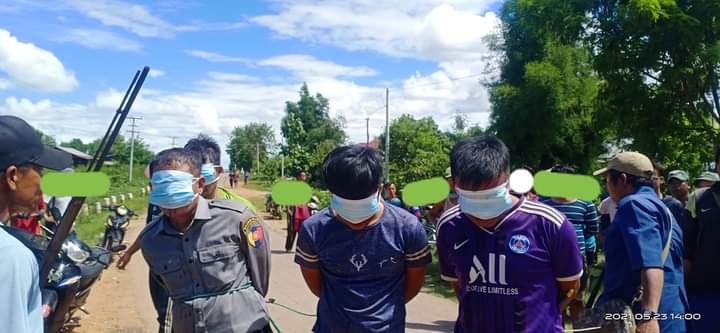
The Irrawaddy report of May 23 wrote that some 40 junta’s soldiers were killed in Karenni State alone as Burma Army clashed with Karenni People’s Defense Force (PDF), formed by civilian resistance fighters, and KNPP.
Reportedly Kantarawaddy Times said the clash in Moe Bye on the Shan-Kayah state border on May 23 killed at least 15 junta’s troopers and another 24 in Demoso Township on the Loikaw-Demoso highway.
In sum, all ethnic states, except the Arakan and Mon states are experiencing civil war, with Sagaing, Mandalay and Magwe regions joining the fray, in the form of local resistance with some identifying with NUG’s PDF set up and some not. The same is also true to the bombing spree in the big cities such as Yangon, Mandalay and Bago.
As all could see the fronts are hardened and extremely polarized with each parties thinking that it is winning. And if it goes on the situation is programmed to become wide spread which means it may be hard to stop.
Of all the armed conflicts, most are quite clear with no visible inter-ethnic conflict, which is the coup-junta against the people’s defense forces and the EAOs. But northern Shan State stands out as an exception as the Restoration Council of Shan State (RCSS) and the Ta’ang National Liberation Army (TNLA), Shan State Progress Party (SSPP) combined force are engaged in territorial influence competition war ever since after the nationwide ceasefire agreement (NCA) signing in 2015, during the tenure of Thein Sein government.
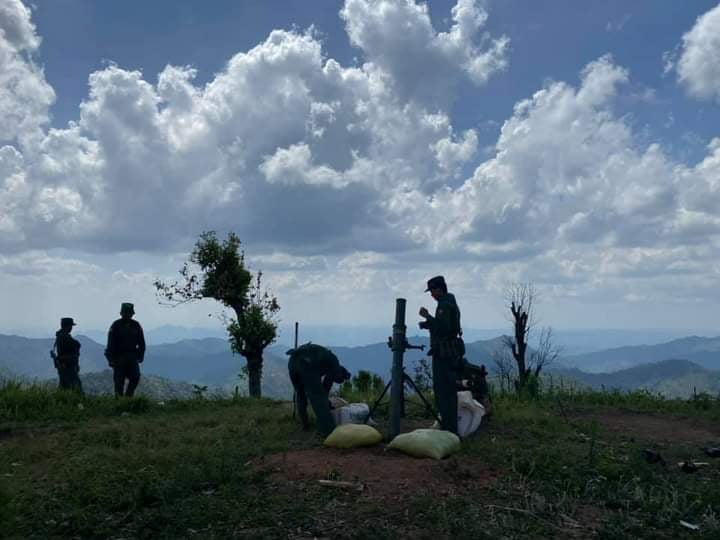
The RCSS and SSPP are Shan armies which have common name for their armed forces known as Shan State Army (SSA). They have been fighting each other since five to six years on-and-off, but has now escalated recently. The pleas of Shan people and the Sangha also fall on deaf ears and the ending of conflict is not in sight, so far.
A few years back the sever-member Federal Political Negotiation and Consultative Council (FPNCC), of which the TNLA, SSPP, Arakan Army (AA) and Myanmar National Alliance Army (MNDAA) or Kokang, National Alliance Army (NDAA) or Mongla, United Wa State Army (UWSA) and Kachin Independence Army (KIA), are members, decided that RCSS were to be pushed back followed by the on-and-off clashes all these few years.
Shan sources said that the two Shan armies inability to reach truce is because of the desire of an entity bigger than the FPNCC, meaning China, which wants RCSS out of northern Shan State. This means it may be a kind of proxy war wage to fulfill the wish of regional power to protect its economic interest.
One knowledgeable insider Shan source said: “Latest news confirmed by friends say China, or maybe Yunnan, has launched an all out proxy war on RCSS. That means war is going to be messier than we had anticipated. Now I understand why the SSPP has been refusing to do political dialogue with RCSS but keeping on insisting it withdraws from the north. You can guess the implications.”
In other words, from the view of China the RCSS shouldn’t be in northern Shan State as it is under the influence of Thailand and thus considered to be firmly in the West camp, rightly or wrongly. SSPP, on the other hand, is firmly within the FPNCC, which China supports and plays the role its mentor, and thus preferable to look after its interest.
“It may likely return to the situation of 1975-1989 war era after SSPP concluded a pact with the Communist Party of Burma (CPB),” he added.
The CPB was aided by China to overthrow the Gen Ne Win’s Burma Socialist Programme Party (BSPP) government until it reversed its policy from exporting communist revolution worldwide to embracing market economy under late Deng Xiaoping leadership in the late 1980s.
In short, the present inter-ethnic, brotherly war may become proxy war not to export revolution as in the past but to safeguard and protect its economic interest in Myanmar.
ASEAN Involvement
Recently, Kavi Chongkittavorn who is a veteran journalist on regional affairs, wrote in The Irrawaddy on May 24, that if the Association of Southeast Asian Nations (ASEAN) resolution is not taken seriously by the stakeholders, the country may be in big trouble.
He writes: “ Oh Buddha, they should have realized by now that if all stakeholders do not kick off the peace process, the momentum generated by the meeting of the leaders of the Association of South East Asian Nations (ASEAN) on April 24 will be at risk.”
He further added: “If that is the case, not only Myanmar but the whole of Southeast Asia will fall into a dark pit. More instability, more casualties, and more armed resistance would tear up the Land of Golden Pagodas and the Indo-Pacific region.”
He fervently urged: “It is therefore of the utmost importance that the local and external players understand the current overall dynamic inside the besieged country. Otherwise, the conflicting parties will continue to live inside their own echo-chamber, convinced that they are winning. For any peace process to have a chance, they must be on the same page and realize that their current contestation is a lose-lose endeavor.”
But ASEAN is just a little more than talk-shop with it’s members ranging from absolute monarchy, communist regimes, military dictatorship, half-baked democracies to semi-democratic countries. It is certainly not ASEAN that can turn the tide, but perhaps the nationwide ceasefire agreement NCA-Signatory-EAOs’ proposal to include the witnesses of the agreement, including the observers, together with the ASEAN envoy participation. The ASEAN although ineffective on its own may be useful if combined with the NCA witnesses, which includes China, European Union, India, Japan, Thailand and the United Nations. NCA observer countries are Norway, UK, and the USA, which was proposed to support the mediation process.
The situation now is polarized and in order to create a conducive peace process atmosphere, all need to act if we don’t want the country to be an ungovernable failed state.
Analysis
As it now stands, the first task is to decelerate the conflict situation which is now largely polarized with each stakeholder thinking that it has an edge over the other. Secondly, the regional powers and international community will have to convince the adversaries that if the polarization goes on the conflict will escalate and it will be even harder to create a conducive atmosphere for political settlement. Thirdly, according to the reliable reports, the proxy war in northern Shan State may morph into a wider war theater and it is in the interest of regional players to nib the bud before it blooms into the partition of the country like Cold-War era of north and south Vietnam and present day division of Korean Peninsula.
Myanmar’s conflict has a wider ramification to affect the whole region of Southeast Asia if not more. Thus, it is the duty of super power, emerging super powers and regional powers to do whatever they can as soon as possible to end the animosity and carnage consuming the country.





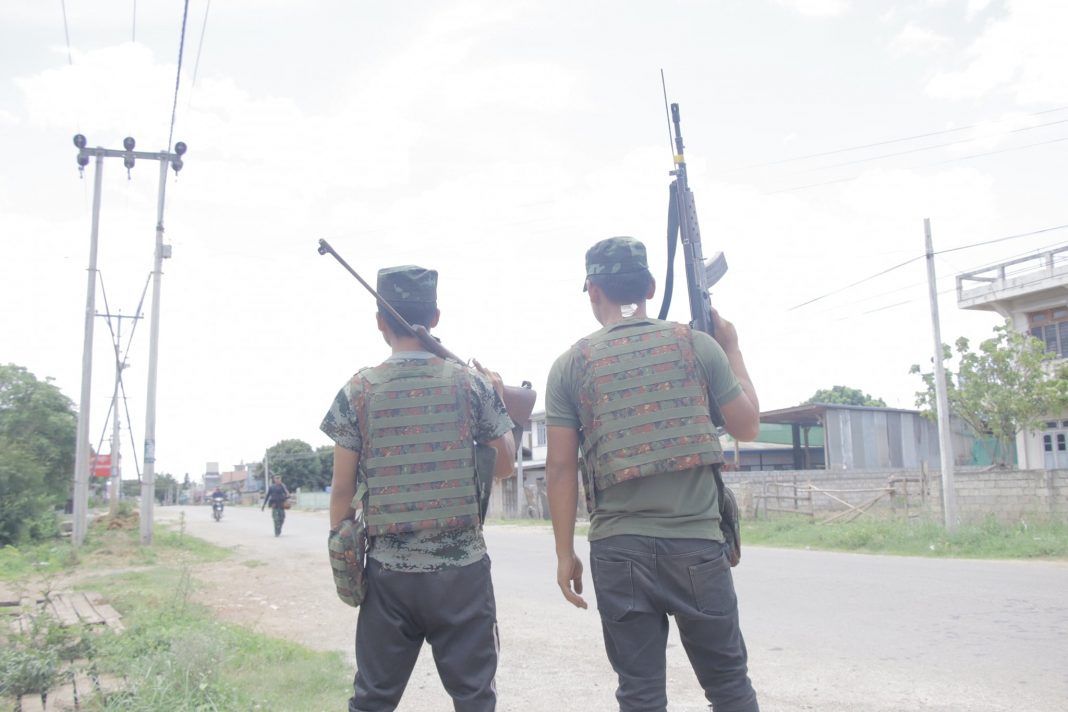
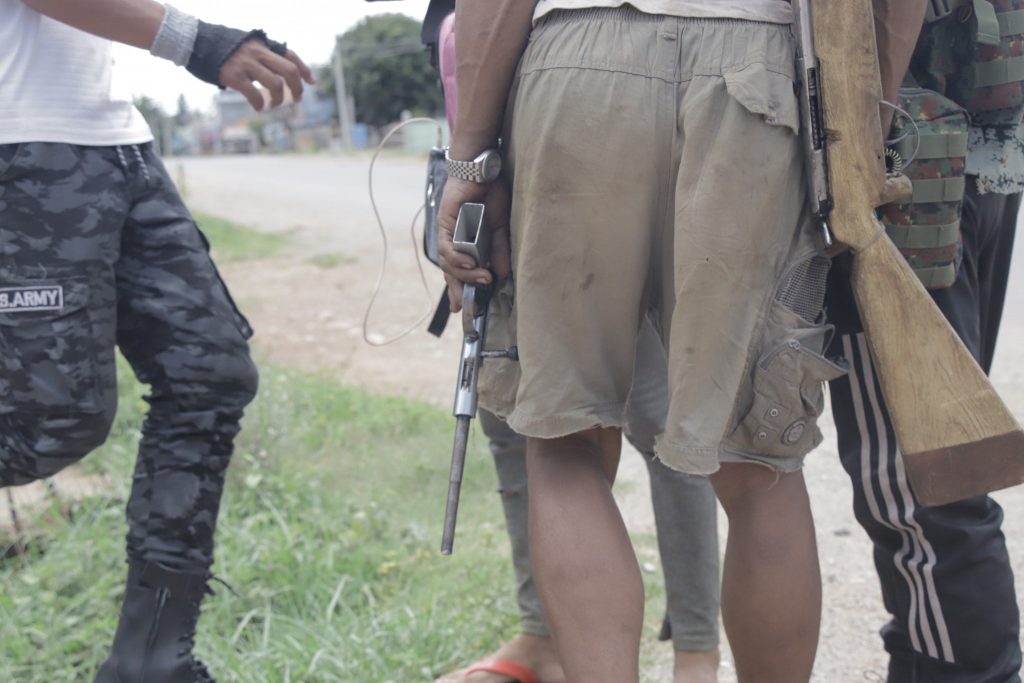

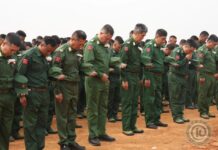
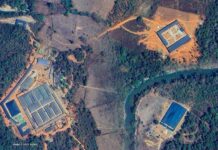
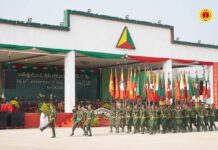
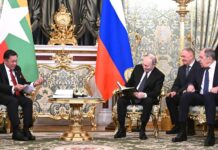






Leave a Comments